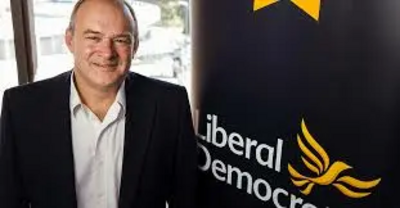Johnson put saving his advisor above the national interest

New survey data from the Office for National Statistics shows that the Dominic Cummings scandal eroded people's belief that the UK would emerge more united from the coronavirus crisis.
The proportion of people believing that Britain would emerge from the pandemic "very or somewhat united" fell from 49% the week before the Cummings scandal broke, to 43% the week after, and has fallen further since to 28%. Meanwhile, the proportion saying we will be "very or somewhat divided" jumped from 31% to 38% when the scandal broke, and now stands at 55%.
Responding to the figures, Acting Leader of the Liberal Democrats Ed Davey said:
"Despite the enormous toll that the coronavirus crisis is taking, the British people have shown a powerful desire to pull together as a country. We have seen it in countless extraordinary acts of kindness and sacrifice to keep others safe.
"At times like this, the Government should be fostering that sense of unity, but Boris Johnson has sadly undermined it with his alarming lack of leadership, confusing messages and poor judgement.
"It is clear that, when Boris Johnson chose to put saving Dominic Cummings above the national interest, he did enormous damage not only to public trust in the Government but also people's hopes of a more united country.
"The British people are amazingly resilient and optimistic, but we are being let down by the weakness and incompetence of our current Prime Minister."
